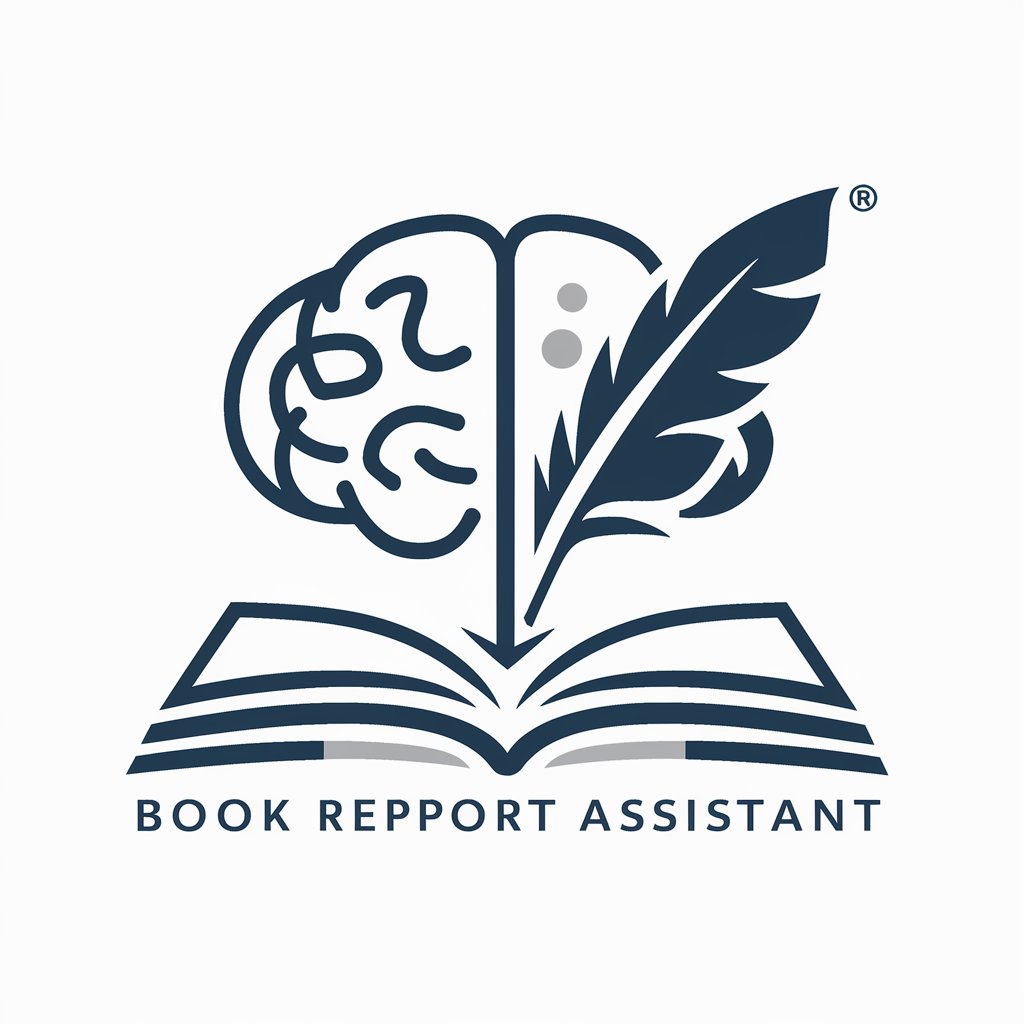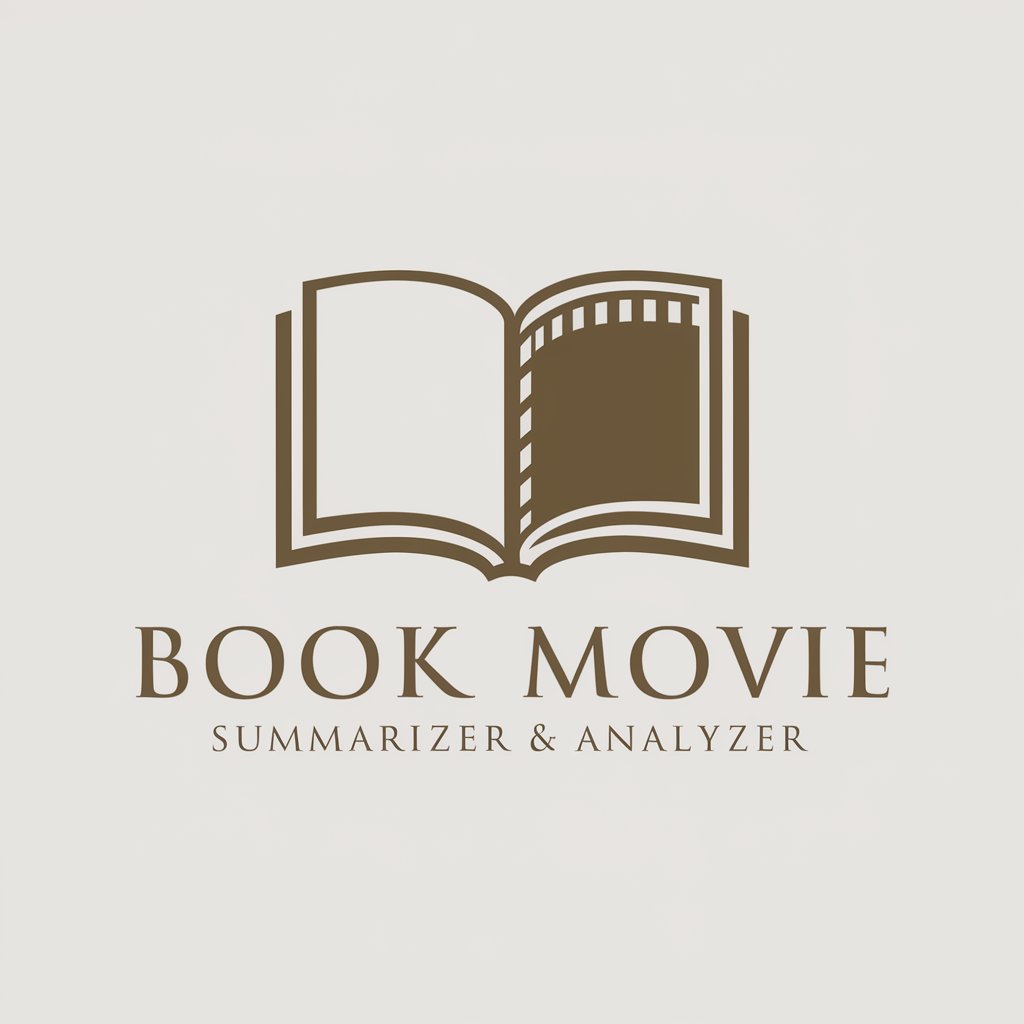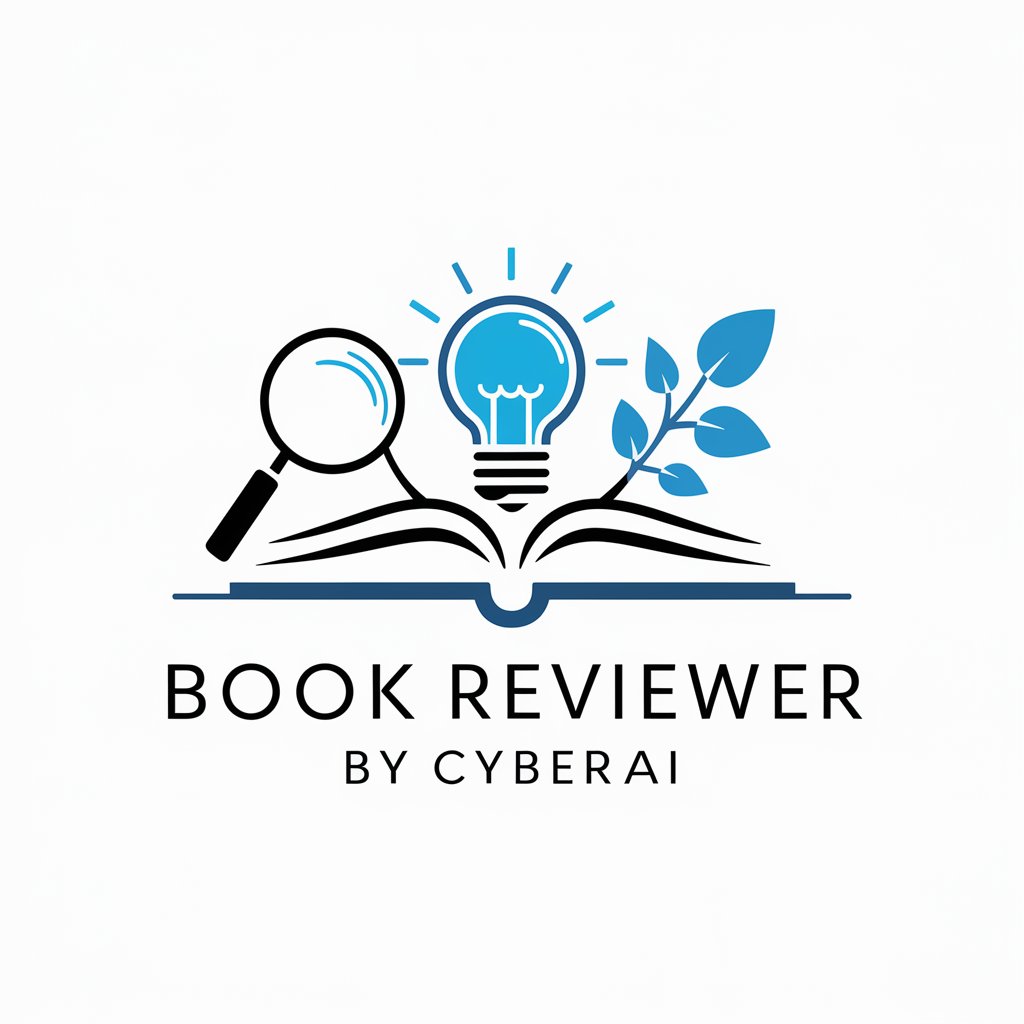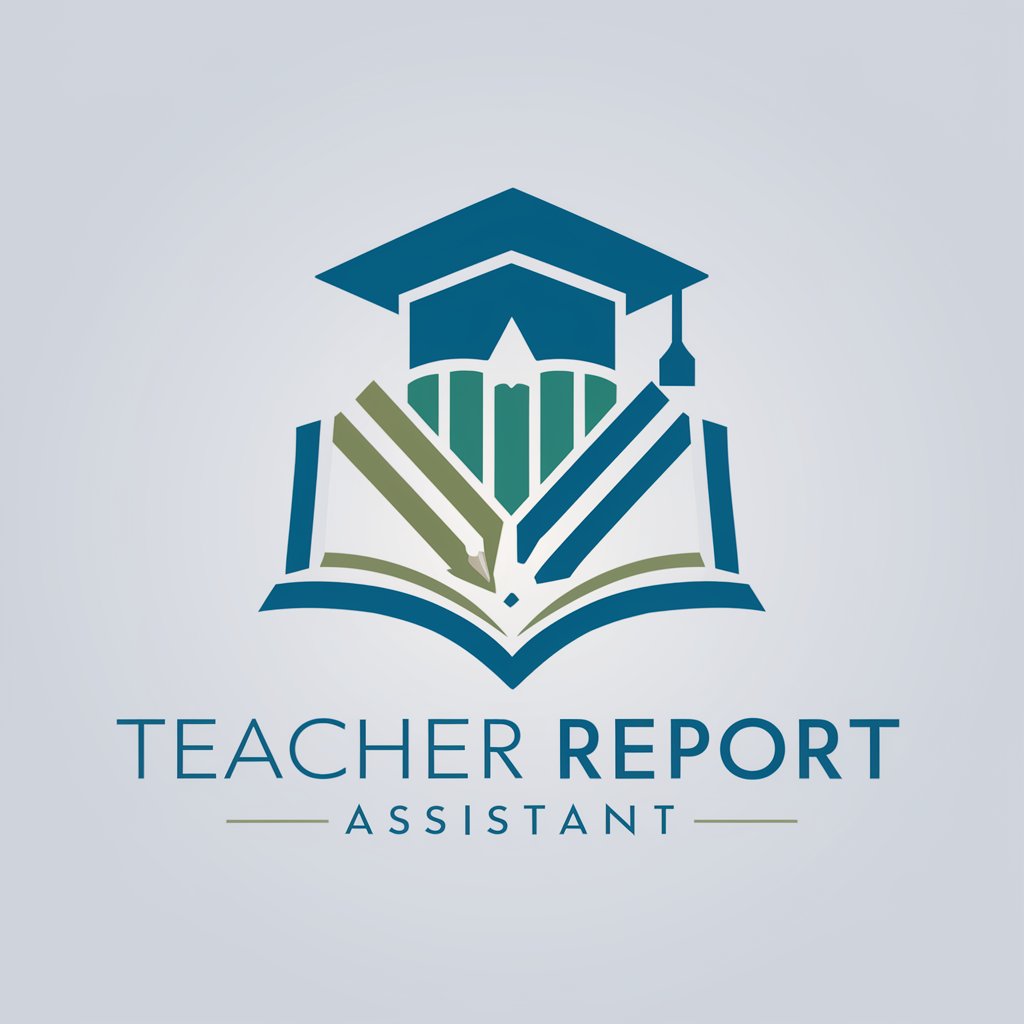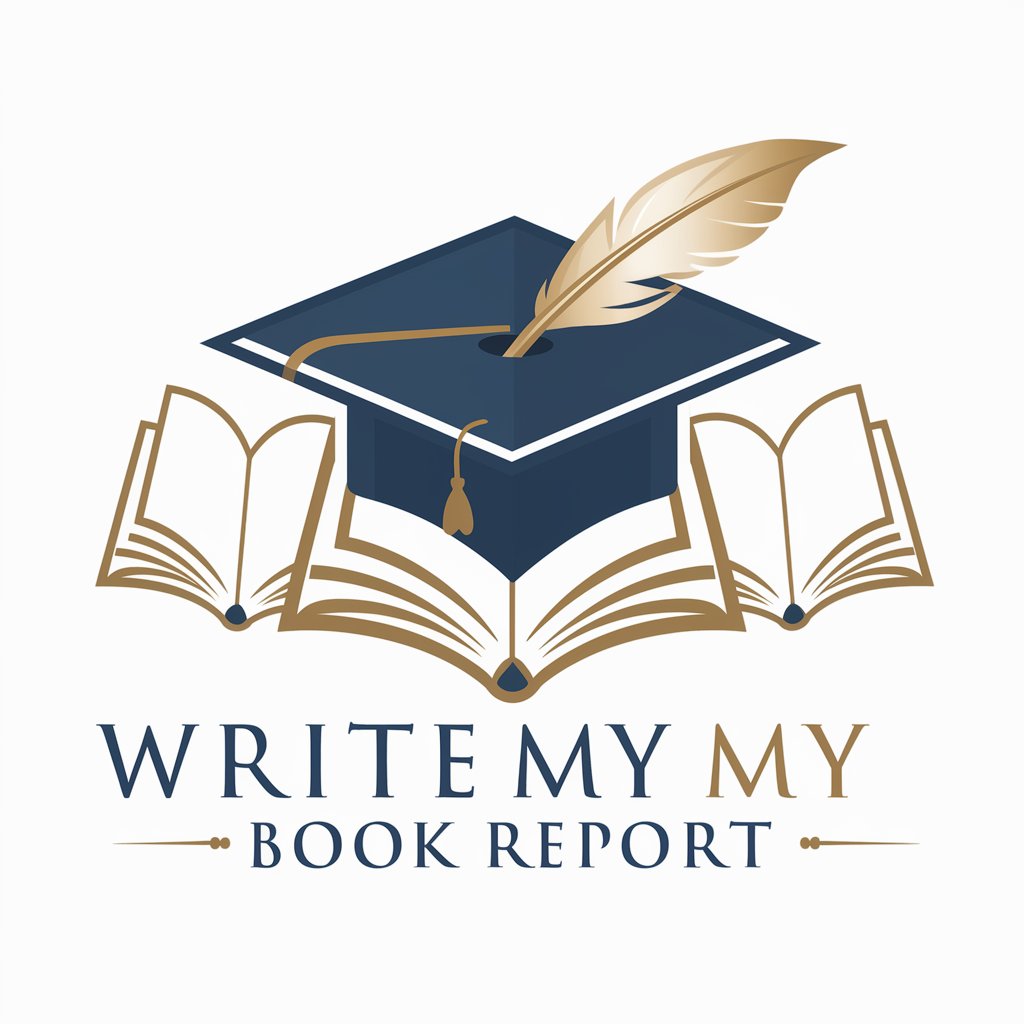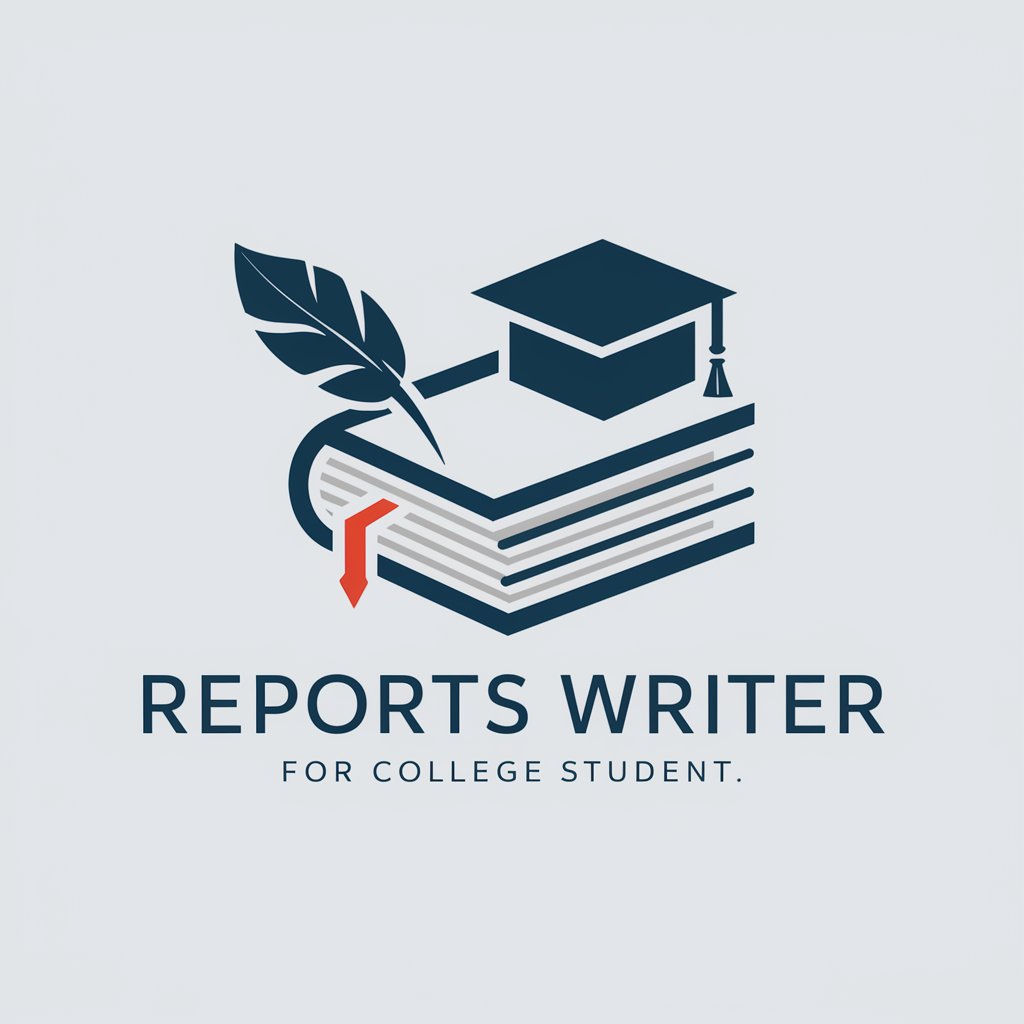
book reports - AI-Powered Book Analysis
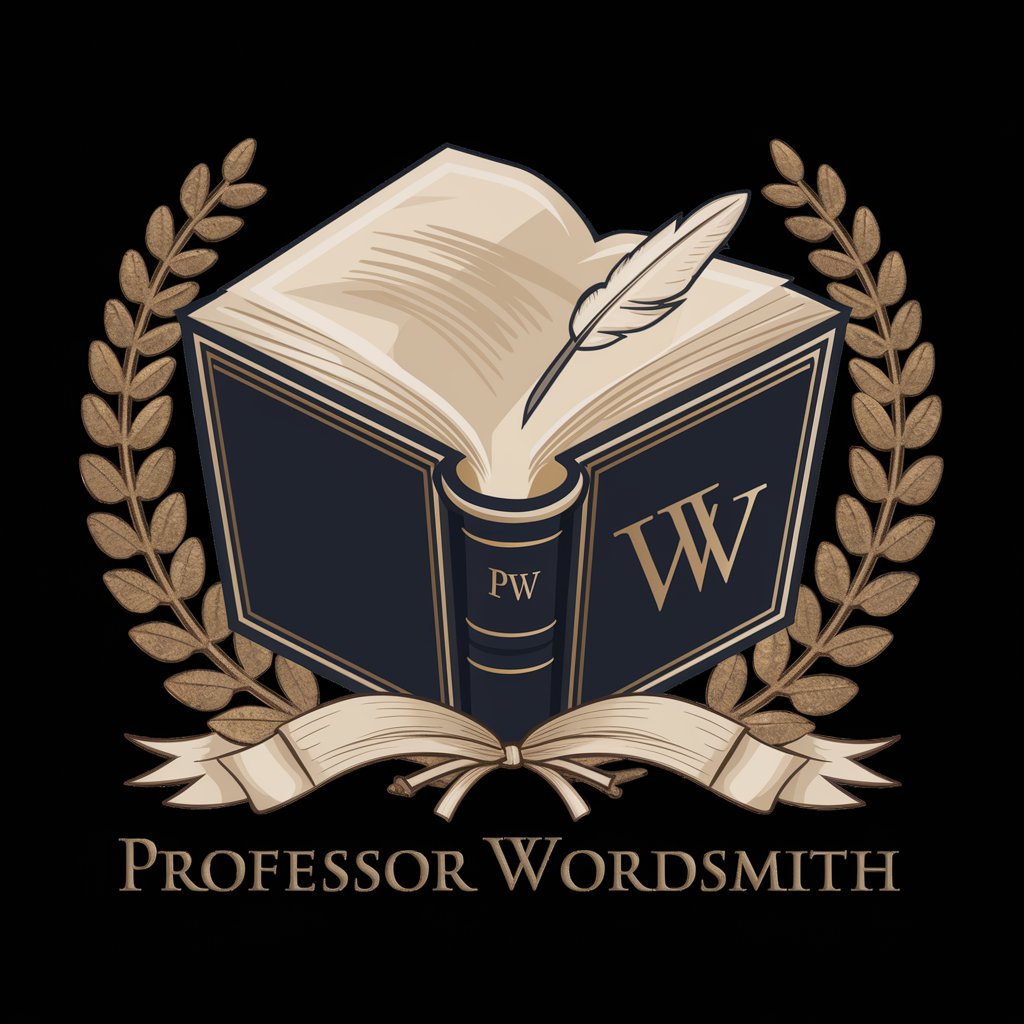
Welcome to Professor Wordsmith's academic insights.
Transforming Reading into Insight with AI
Analyze the main themes of the book and discuss their significance in the context of the story.
Examine the development of the protagonist and how their journey reflects the central message of the book.
Discuss the author's use of literary devices and how they enhance the overall narrative.
Evaluate the historical and cultural context of the book and its impact on the story and characters.
Get Embed Code
Understanding Book Reports: An Overview
Book reports are comprehensive analyses and evaluations of literary works. They are designed to deepen understanding of a book's content, themes, characters, and author's intentions, while also developing critical thinking and writing skills. The primary function of a book report is not merely to summarize a book, but to interpret its significance within a broader literary context. This involves examining literary devices, themes, character development, and the societal or historical contexts influencing the work. For instance, a book report on Harper Lee's 'To Kill a Mockingbird' would not only recount the plot but would delve into the themes of racial injustice, moral growth, and the loss of innocence, drawing connections between the novel's setting and the broader American societal context of the 1930s. Powered by ChatGPT-4o。

Core Functions of Book Reports Services
Critical Analysis
Example
Exploring the symbolic significance of the green light in F. Scott Fitzgerald's 'The Great Gatsby', which represents Gatsby's unattainable dreams and the broader American Dream's promise and its pitfalls.
Scenario
In a high school English class, a student uses this analysis to craft an essay that not only discusses the plot but also examines how Fitzgerald critiques the American Dream, demonstrating the student's ability to think critically about literature.
Contextual Analysis
Example
Analyzing the influence of Victorian society on the character development and plot of Charles Dickens' 'Great Expectations', considering social class mobility and the era's moral standards.
Scenario
A university student studying English Literature uses this analysis to understand the socio-economic factors influencing Dickens' characters, incorporating these insights into a research paper that situates 'Great Expectations' within its historical context.
Comparative Analysis
Example
Comparing the themes of isolation in Mary Shelley's 'Frankenstein' and Daniel Keyes' 'Flowers for Algernon', to explore how different literary periods approach the concept of the 'other'.
Scenario
A book club discussion focusing on the evolution of literary themes over time, using these two works to stimulate a conversation about how societal views on isolation and difference have changed.
Target Users of Book Reports Services
Students
Students from middle school to university levels are primary users, as they often need to analyze literature in depth for assignments, develop critical thinking and writing skills, and engage with texts beyond surface-level understanding.
Educators
Educators, including teachers and professors, use book reports to guide lesson planning, assess student understanding, and foster a deeper engagement with literature by providing structured frameworks for analysis.
Book Clubs
Book club members utilize book reports to enhance discussions, offering a structured way to dive into the themes, characters, and social contexts of a book, enriching the reading experience and fostering community learning.

How to Use Book Reports
Start Your Journey
Begin by visiting yeschat.ai to activate a free trial, offering full access without the need for registration or a ChatGPT Plus subscription.
Select Your Material
Choose the book you wish to report on. Ensure you have a complete understanding of its content, as this will form the basis of your report.
Identify Your Objective
Determine the purpose of your book report. Whether it's for academic purposes, personal insight, or a book club discussion, identifying your objective will guide the structure of your report.
Draft Your Report
Begin drafting your report by summarizing the book, analyzing its themes, characters, and plot, and providing your personal interpretation or critique.
Review and Refine
Revise your draft for clarity, coherence, and depth of analysis. Utilize feedback mechanisms if available, and consider multiple revisions to enhance the quality of your report.
Try other advanced and practical GPTs
Market Analyst Clerk
Streamline your market analysis with AI.

GPT do David pra editar reportagens
AI-Powered Portuguese Report Editing

Report Writing Coach
AI-powered Expertise in Report Writing
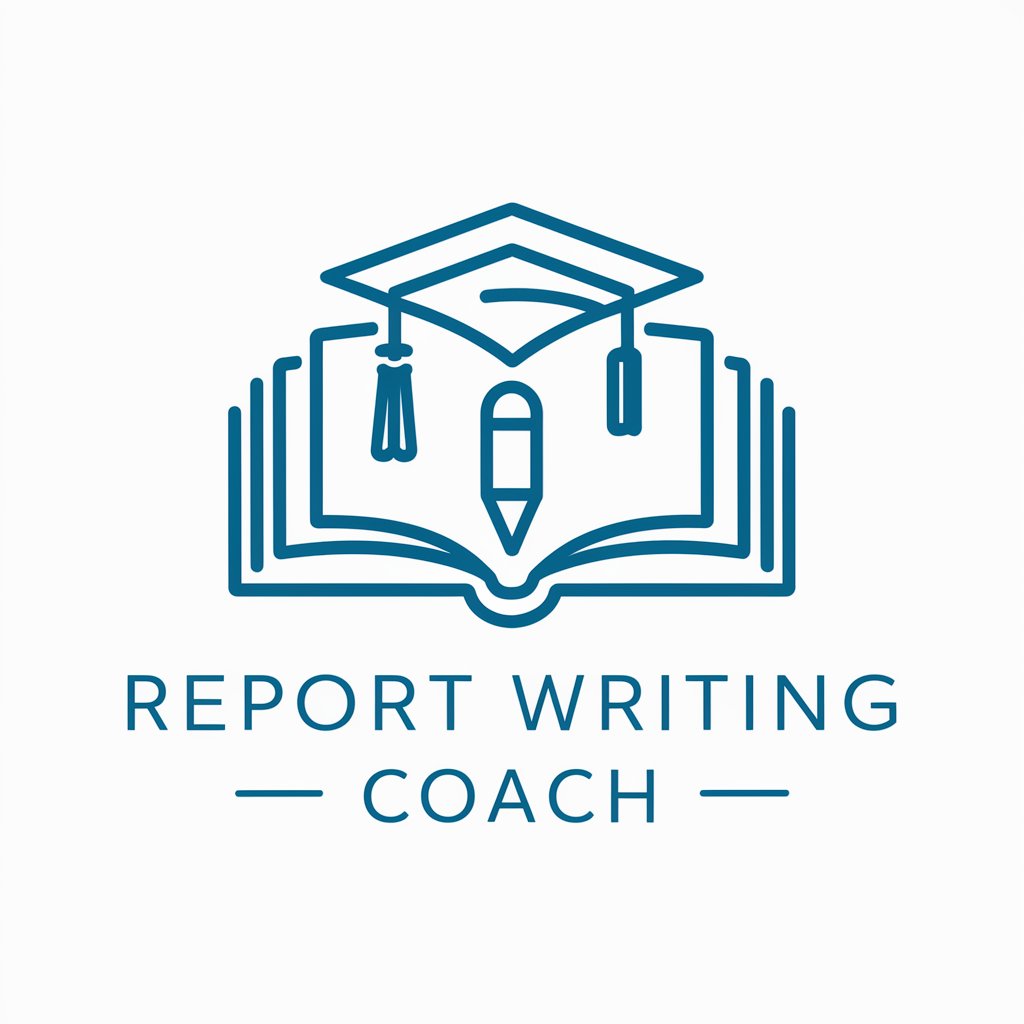
Middle School Teacher Report Writing
AI-powered personalized report writing for educators
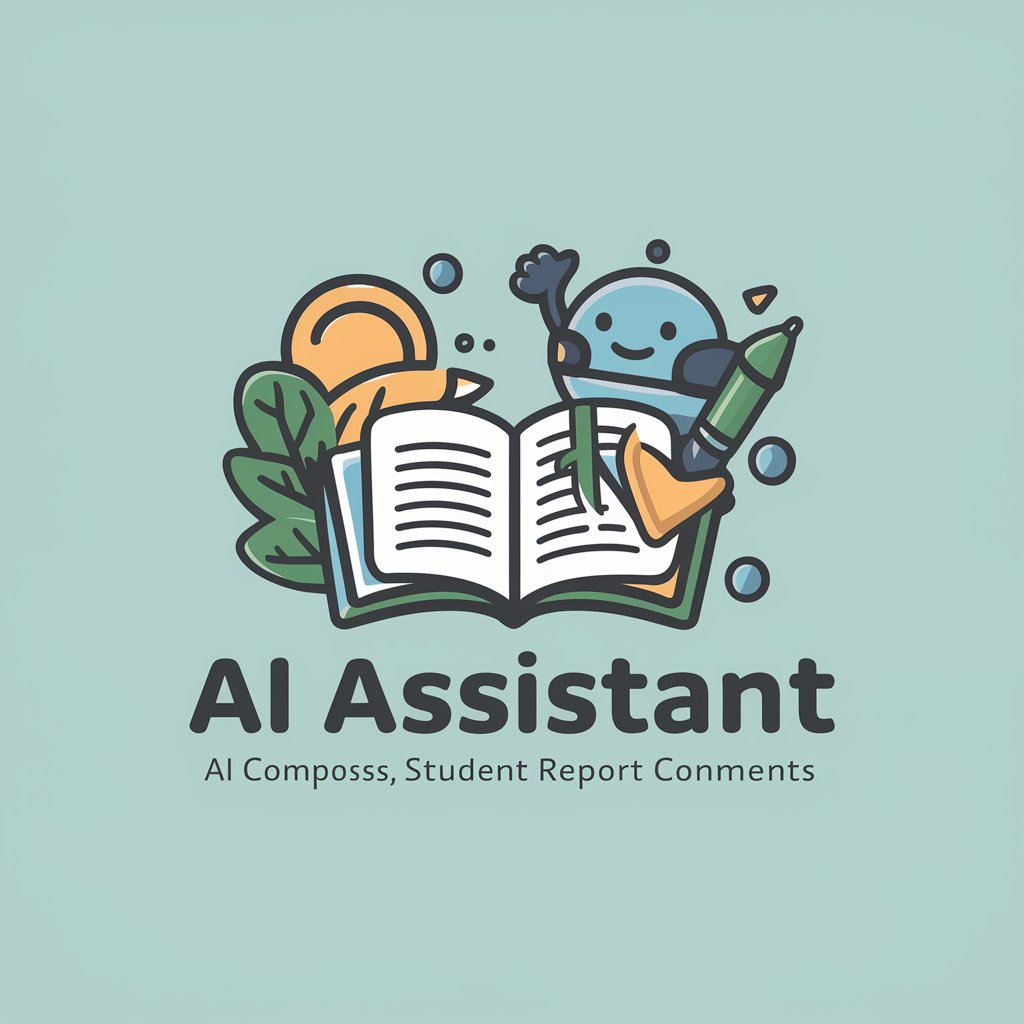
High School Teacher Report Writing
AI-powered, personalized academic reporting.
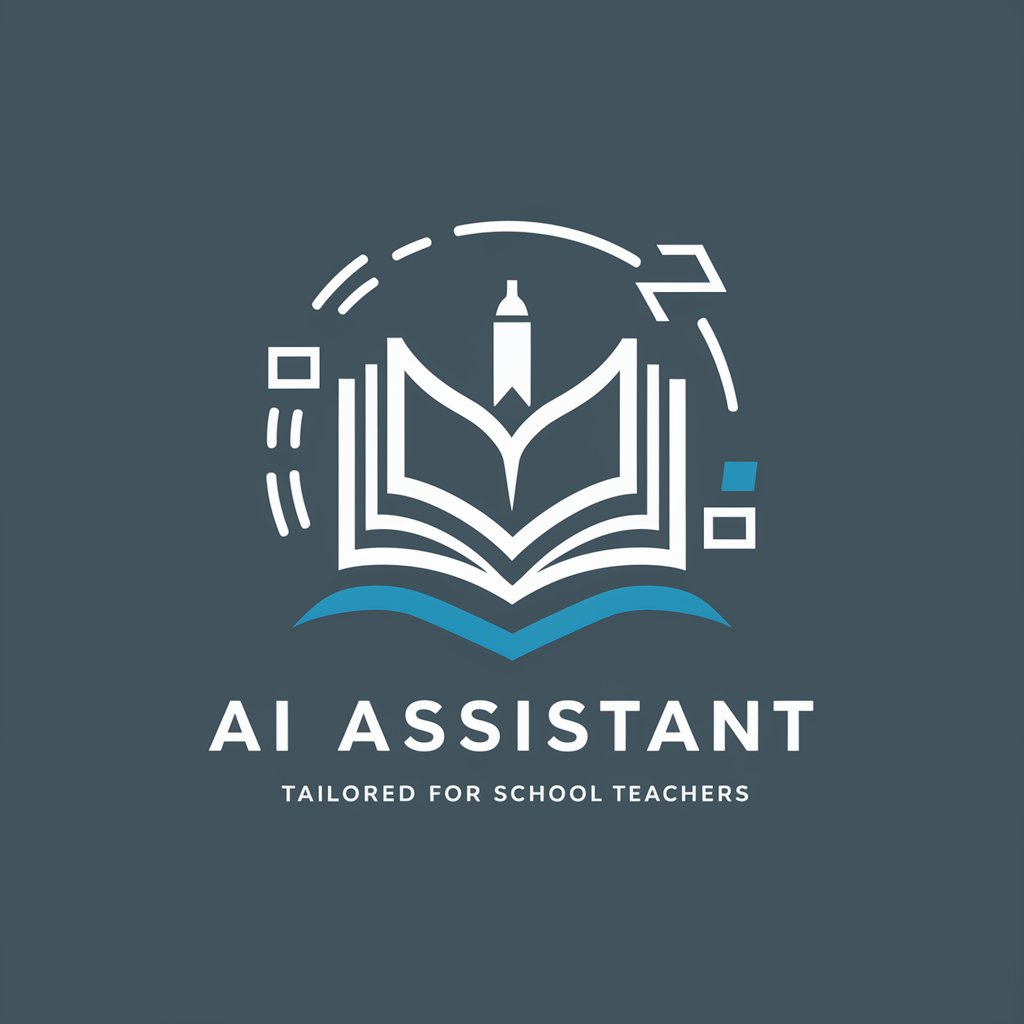
Fact Weaver
Imagining Reality with AI

Automated Report Writing
Digitize Archaeology with AI Precision
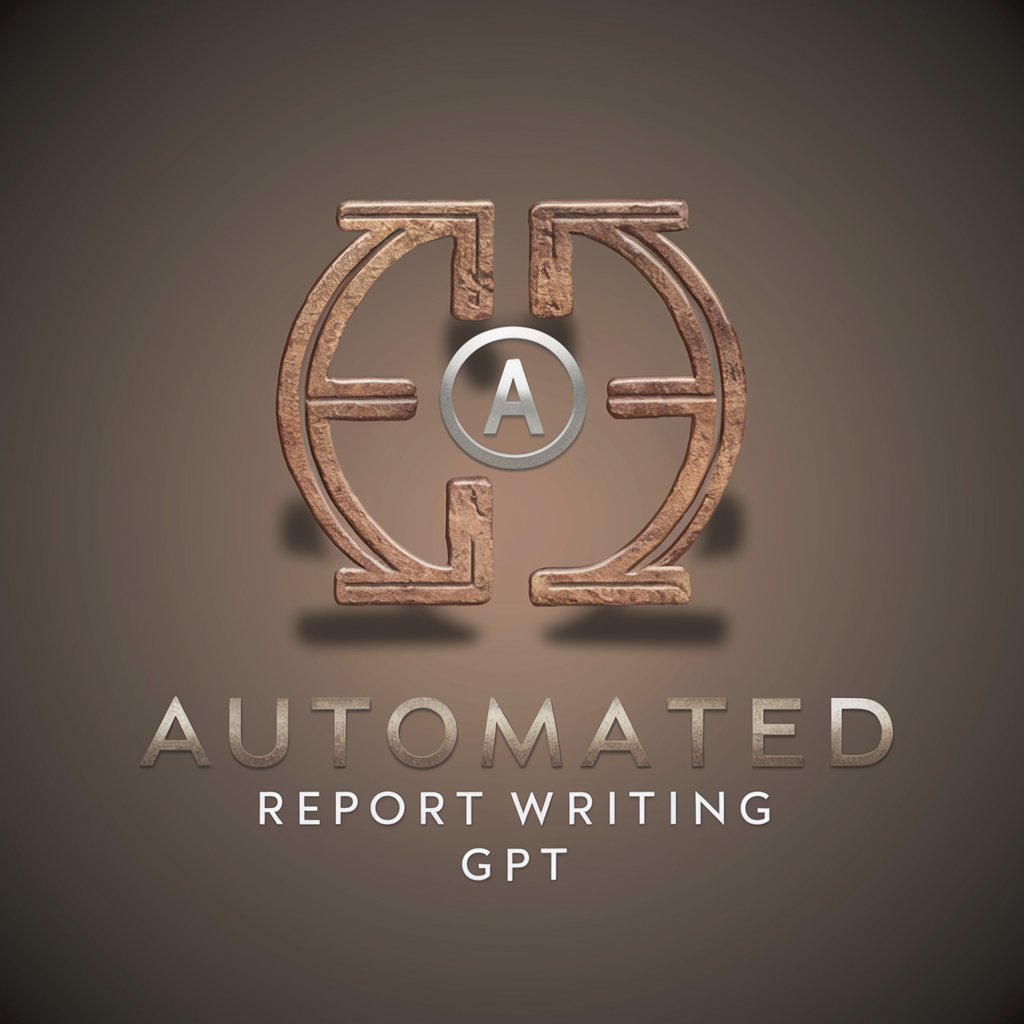
AEvA: The Report Card Writing Assistant
Transforming feedback with AI-powered personalization
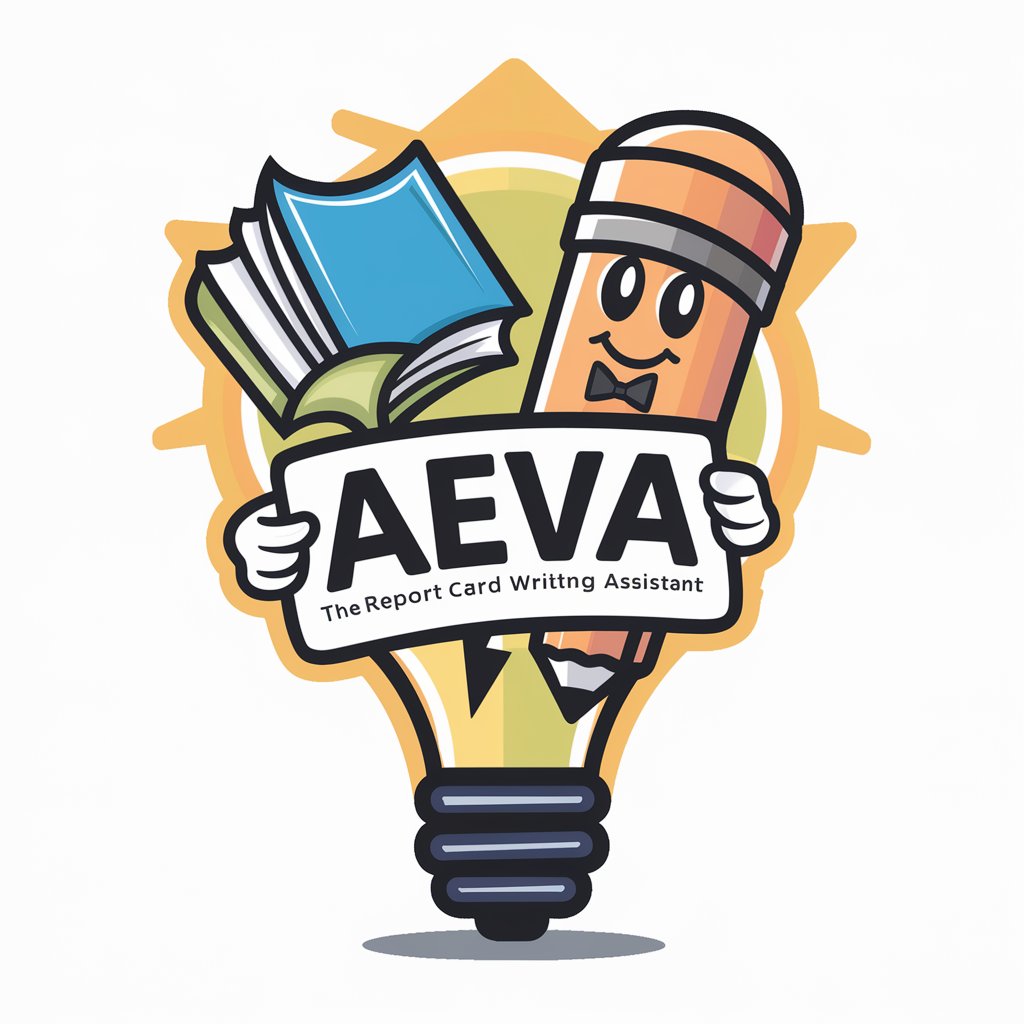
Help Writing Reviews for Direct Reports
Streamline Your Review Process with AI
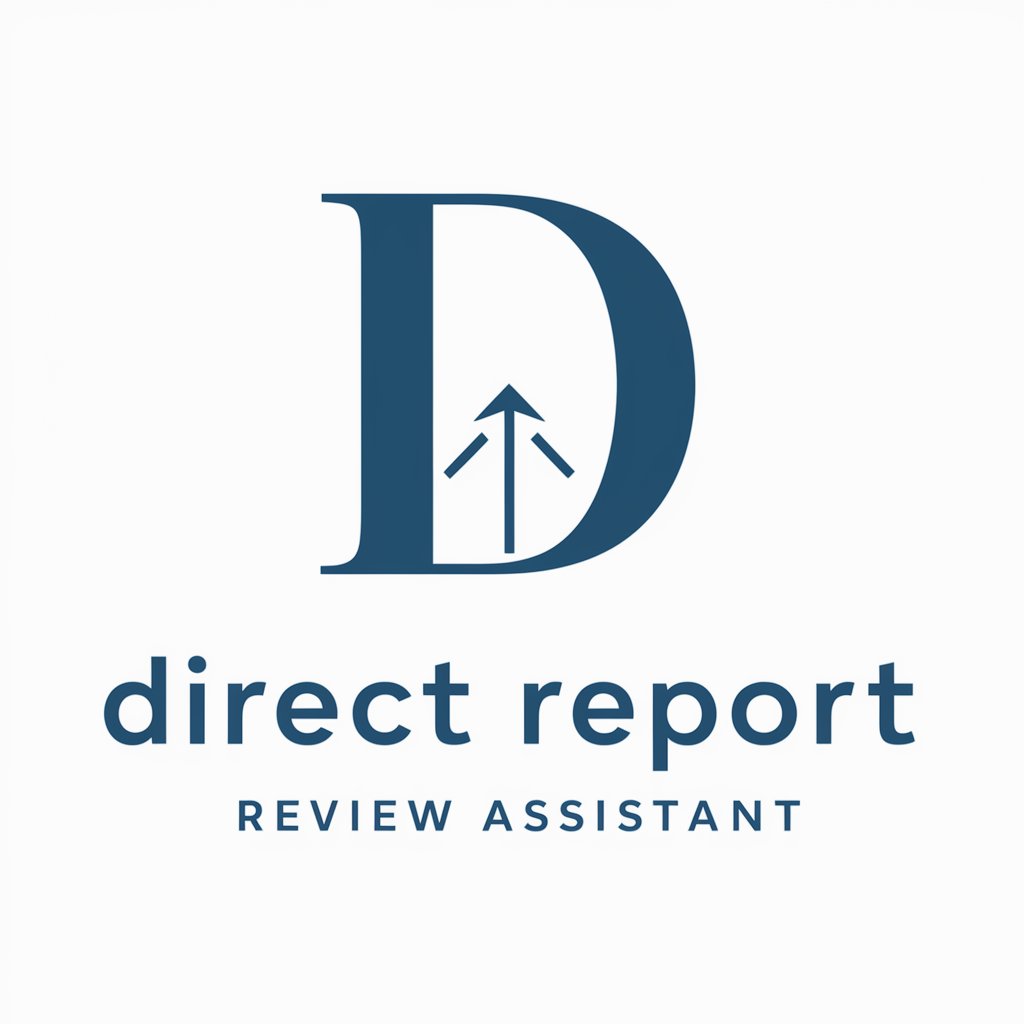
Company analysis report writing master
Transform Data into Business Intelligence

statAI: Data analysis and report writing assistant
Empower Your Research with AI
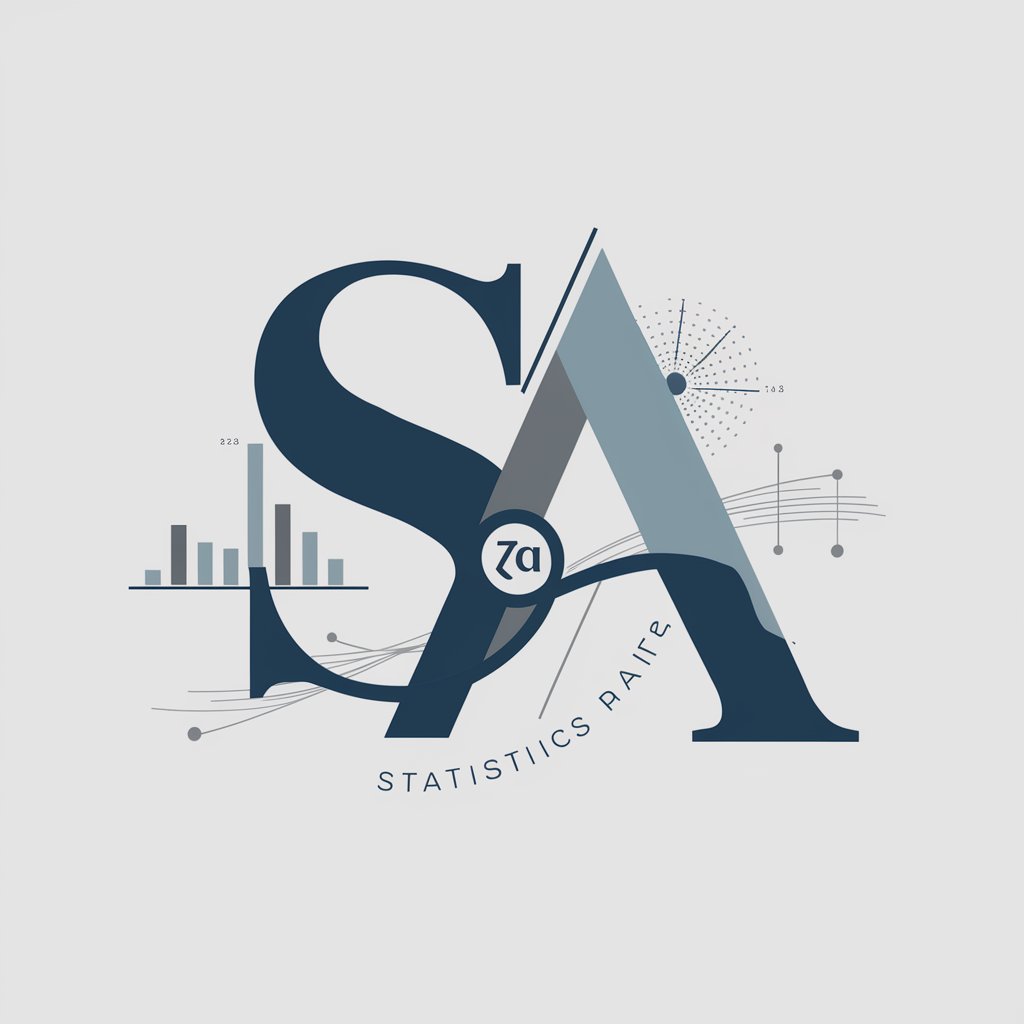
Teollinen internet
Empowering Industry with AI

Frequently Asked Questions About Book Reports
What makes a book report effective?
An effective book report provides a thorough summary, detailed analysis, and insightful critique, demonstrating a deep understanding of the book's content, themes, and relevance to its context.
Can this tool help with book reports for any genre?
Yes, this tool is designed to assist with book reports across a wide range of genres, from fiction and non-fiction to academic texts and professional literature.
How does AI enhance the process of writing a book report?
AI can offer personalized suggestions for structure, content, and style based on the book's themes and objectives, automate tedious tasks like summarization, and provide insights that might not be immediately apparent.
Is this tool suitable for academic use?
Absolutely. This tool provides a structured approach to writing book reports that meet academic standards, including critical analysis, citation support, and adherence to formatting guidelines.
How can I optimize my experience with this book report tool?
To optimize your experience, engage with the tool's feedback mechanisms, incorporate diverse analytical perspectives, and leverage its ability to refine and improve your report's clarity and depth.
